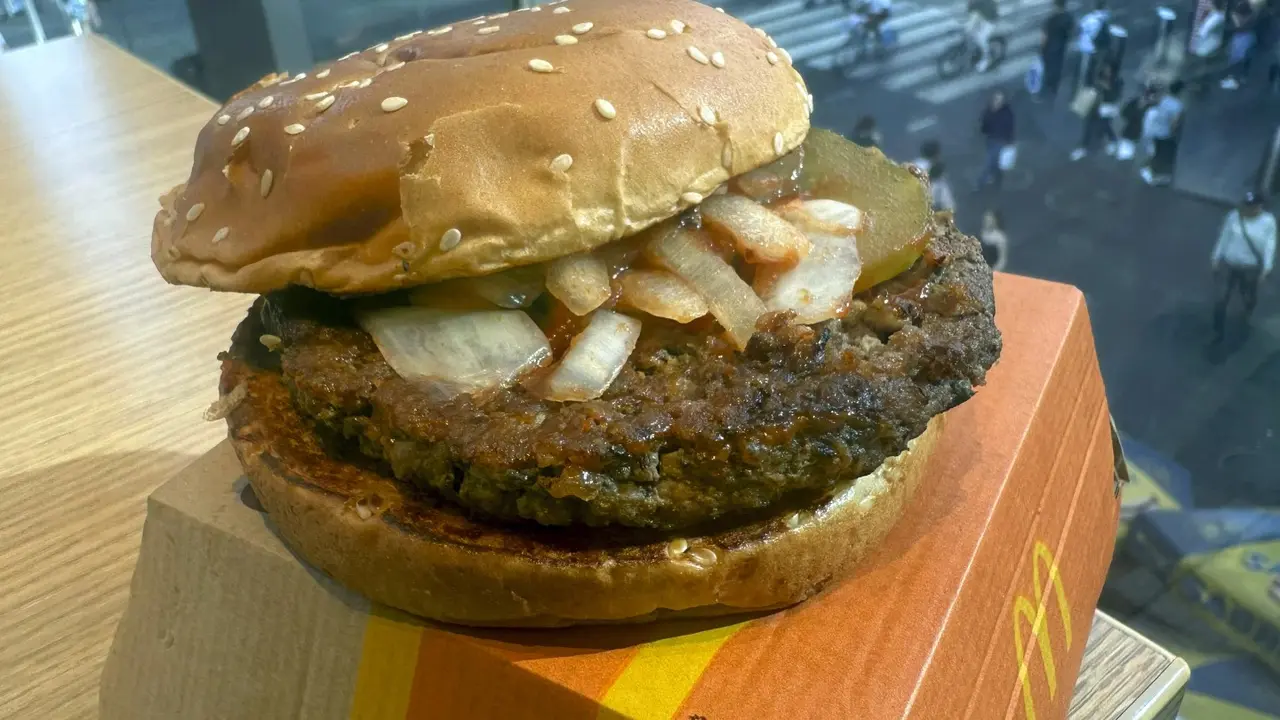Updated 24 October 2024 at 15:26 IST
E. Coli Outbreak at McDonald's: Can These Safety Measures Keep You Safe?
With the present status of E. coli infections in the US, its crucial to be aware about its symptoms, risks, and precautions. Know all about it here.
- Health News
- 3 min read

As part of an ongoing investigation by public health agencies in the US such as the Centers for Disease Control and Prevention (CDC), and Food Drug Administration (FDA), the present outbreak of E. coli infections was linked with public consumption of McDonald’s Quarter Pounders that bought consumers in contact with a common variant of E. coli bacteria.
About 50 people have fallen ill in the McDonald’s outbreak, and one has died, all falling within the age bracket of 13 to 88, according to the CDC. A preliminary investigation suggests raw slivered onions served on Quarter Pounders are a likely source of the outbreak, according to a CDC release. As a result of this, McDonald’s stores in affected states such as Kansas, Utah, Wyoming, and portions of Idaho, Iowa, Missouri, have temporarily stopped using Quarter Pounder slivered onions and beef patties.

What is E. coli?
E. coli is a type of bacteria found in the environment, including water, food and in the intestines of people and animals. There are many kinds of harmless E. coli, but a few types can make people seriously ill. The McDonald’s outbreak is caused by E. coli O157:H7, which produces a toxin that causes dangerous diarrhea and can lead to kidney failure and other serious problems, according to the CDC.

Factors involved in an E. coli outbreak
When a person consumes contaminated food or comes in contact with animals or people that are already infected, there's a high chance of them being infected by E. coli.
Advertisement
The public health officials in the US were initially concerned with beef patties as one of the main causes of concern, however, they seem high unlikely given McD protocols and the need to test them at temperatures that would kill any possibility of a bacteria present.

Common symptoms of E. coli
Most people infected with Shiga toxin-producing E. coli complain of severe stomach cramps, diarrhea (often bloody), and vomiting.
Symptoms usually start 3 to 4 days after swallowing the bacteria.
Most people recover without treatment after 5 to 7 days.
Chances of developing kidney problem such as hemolytic uremic syndrome (HUS) are also high.
Advertisement

What practices does CDC recommend keep E. Coli at bay?
The best way to prevent infection are by keeping your hands clean, preparing food safely, and drinking safe water.
Follow four simple steps to food safety: clean, separate, cook, and chill.
When camping, hiking, or traveling, always use safe water for drinking, cooking, brushing your teeth, or other activities.
Pasteurized milk and juices have undergone a process called pasteurization, known to kill harmful germs, including E. coli. If you find yourself purchasing pasturized milk be sure to locate the word ‘pasteurized’ on label before actually buying it.
Also Read: Dhanteras 2024: What Are The Auspicious Things To Buy For Dhanatrayodashi? | Republic World
Published By : Nitin Waghela
Published On: 24 October 2024 at 15:12 IST
